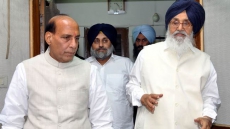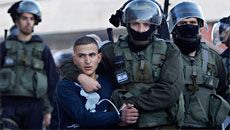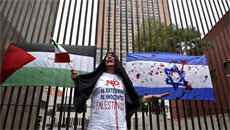Cambodia on Friday decreed that visitors should not wear revealing clothes or smoke at the famed Angkor Wat temple, which was originally built as a Hindu shrine dedicated to Lord Vishnu.
A "code of conduct" for tourists visiting the world's largest religious monument, in Siem Reap province, was released by the Apsara National Authority, which manages the ancient site, Xinhua news agency reported.
Visitors have been told not to wear revealing clothes, not to smoke, not to give money and candy to children and not to take a selfie with monks at the temple.
Tourists must also avoid littering, touching the carvings or sitting on fragile structures and entering restricted areas.
"For the preservation and sustainable development of Angkor, our sacred world heritage site, it's our duty to respect the code of conduct," Apsara National Authority's Sok Sangvar said.
"These rules are made in order to prevent negative impacts on our temple, our environment and our culture," he said.
Angkor Wat Temple, inscribed on the UNESCO's World Heritage List in 1992, is the kingdom's most popular tourist destination.
The site attracted 1.67 million foreign visitors in the first 10 months of 2015, generating a gross revenue of nearly $48 million from ticket sales.
An entrance fee to the site is $20 per day for a foreigner, $40 for a three-day visit and $60 for a week-long visit.
Angkor Wat was originally built as a Hindu temple but it was gradually transformed into a Buddhist shrine in the 12th century. The Archaeological Society of India has contributed to its upkeep.




